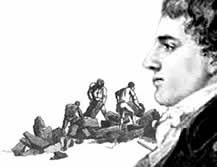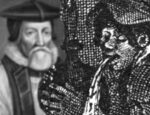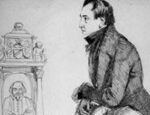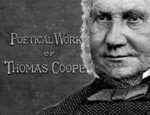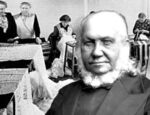Description
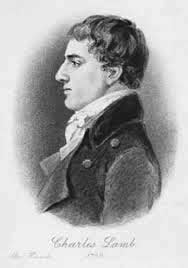 Read the essayist Charles Lamb’s shrewd reference to Cinna in his comment on Coleridge’s treatise A Lay Sermon Addressed to the Higher and Middle Classes of Society. Coleridge wanted to defuse the anxieties of prosperous Britons in the face of working-class agitation at the end of the Napoleonic Wars. Lamb, who was Coleridge’s lifelong friend, heard in 1816 about his projected quietist polemic, and wrote to William Wordsworth that he had composed ‘a prodigious mass of composition for a sermon to the middling ranks of people to persuade them they are not so distressed as is commonly supposed. Methinks he should recite it to a congregation of Bilston colliers, — the fate of Cinna the poet would instantaneously be his’.
Read the essayist Charles Lamb’s shrewd reference to Cinna in his comment on Coleridge’s treatise A Lay Sermon Addressed to the Higher and Middle Classes of Society. Coleridge wanted to defuse the anxieties of prosperous Britons in the face of working-class agitation at the end of the Napoleonic Wars. Lamb, who was Coleridge’s lifelong friend, heard in 1816 about his projected quietist polemic, and wrote to William Wordsworth that he had composed ‘a prodigious mass of composition for a sermon to the middling ranks of people to persuade them they are not so distressed as is commonly supposed. Methinks he should recite it to a congregation of Bilston colliers, — the fate of Cinna the poet would instantaneously be his’.
Cinna the poet, a friend of Julius Caesar, was torn to pieces by the plebeian mob at the time of Caesar’s funeral. They mistook him for another Cinna, one of the conspirators. The story is told in ancient sources and became famous through Shakespeare’s Julius Caesar III.3. Lamb is saying that Coleridge, although really a friend of the poor lower classes, is in danger of being mistaken by them for someone of a different political hue.
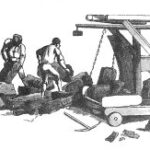
The Bilston Colliers to whom Lamb refers had recently achieved a landmark industrial action. They had suffered a pay cut, many had lost their jobs, and their families were starving. Rather than riot, they drew attention to their plight peacefully by pulling two-ton wagons of coal from Bilston to Oxford, Maidenhead, and Liverpool.
The Times of 6th July 1816 reported from Maidenhead that the wagon arrived, drawn by 41 men, and the colliers distributed the coal free of charge amongst town’s poor. The colliers received sympathy including letters in The Times and substantial – if temporary – financial support. But most bourgeois and aristocratic people were now terrified of revolution. It was soon after the Bilston Colliers’ processions that Lamb heard about Coleridge’s plan for ‘lay sermons’ pleading for good behavior from the ruling classes. Usually apolitical, by alluding to the fate of Cinna the poet, Lamb showed that he had understood all too well how bitterly Coleridge’s well-meaning platitudes might resound in the ears of the hungry working classes.

